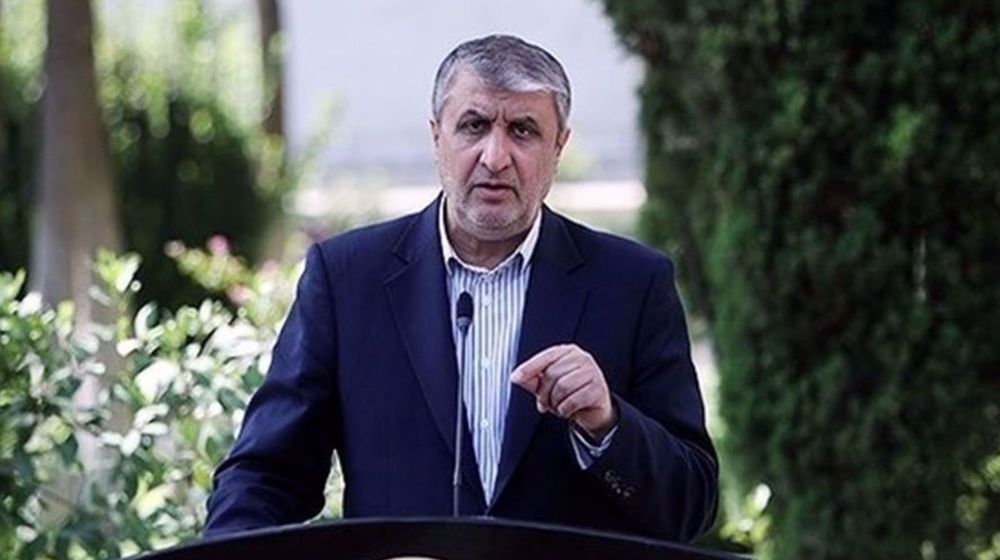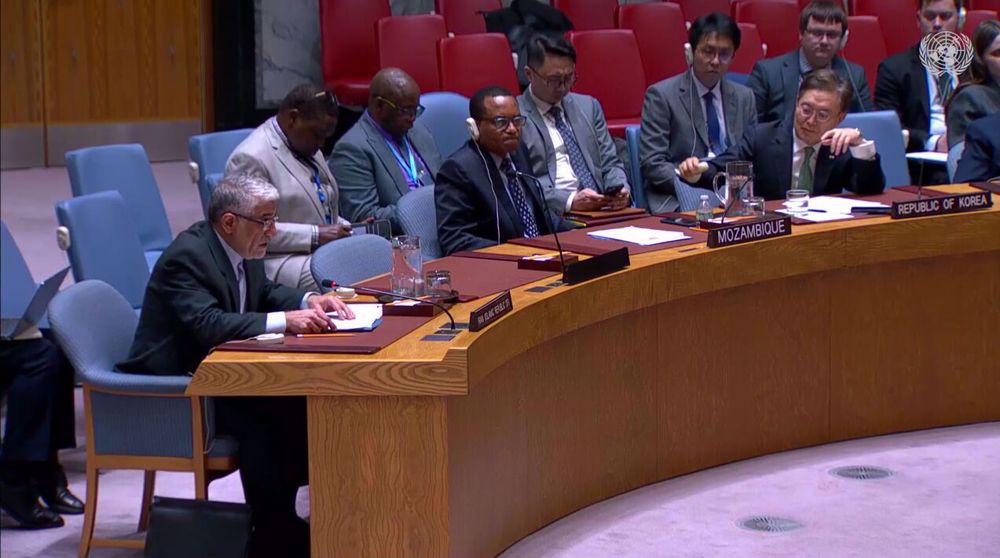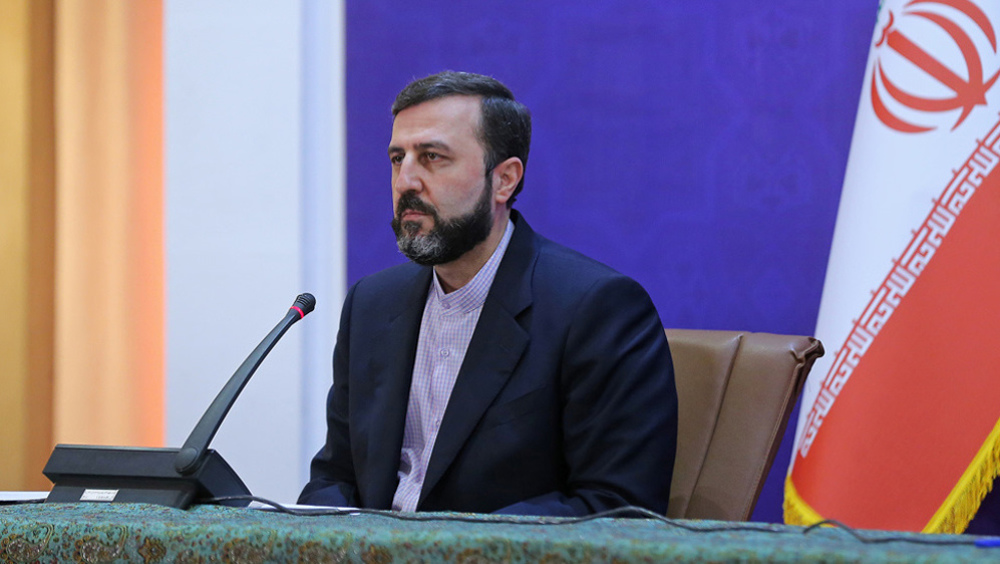EU seeks to protect companies affected by US bans over Iran: French minister
France says it is weighing possible ways that could help the European Union compensate European companies that might be facing sanctions by the United States for doing business with Iran following Washington's withdrawal from a key 2015 nuclear agreement between Tehran and major world powers.
French Finance Minister Bruno Le Maire said on Sunday that EU rules going back to 1996 could allow the 28-nation union to protect European companies against any US sanctions.
He added that the EU should toughen its stance in this regard.
"Are we going to allow the United States to be the economic policeman of the world? The answer is no," Le Maire told C News TV and Europe 1 radio.
The United States made efforts to penalize foreign companies engaging in trade ties with Cuba in 1996 but the EU forced Washington to back down by threatening retaliatory sanctions.
US President Donald Trump announced on May 8 that Washington was walking away from the nuclear agreement, officially known as the Joint Comprehensive Plan of Action (JCPOA), which was reached between Iran and the five permanent members of the UN Security Council -- the US, Britain, France, Russia and China -- plus Germany.
Trump also said he would reinstate US nuclear sanctions on Iran and impose "the highest level" of economic bans on the Islamic Republic.
Iran has said it would remain in the JCPOA for now, pending negotiations with the other signatories in the coming weeks before making a final decision on its future role in the agreement. Tehran wants the Europeans to give it clear-cut guarantees about fulfilling their obligations if it remains in the accord.
In a press release on Friday, the European Commission said it took steps to preserve the interests of European companies investing in Iran and demonstrate the EU's commitment to the JCPOA.
The President of the European Commission, Jean-Claude Juncker said: "As long as the Iranians respect their commitments, the EU will of course stick to the agreement of which it was an architect--- So we have the duty, the Commission and the European Union, to do what we can to protect our European businesses."
Iranian President Hassan Rouhani said on May 15 that all countries, particularly member states of the European Union, must stand up to the United States' "illegal and illogical" move to withdraw from the key nuclear agreement.
"Iran can stay in the JCPOA only if it fully benefits from it," Rouhani said.
Head of the Atomic Energy Organization of Iran (AEOI) Ali Akbar Salehi also said on the same day that European signatories to the nuclear accord should compensate for the United States' decision to pull out of the deal.
Iran's nuclear chief said, "If the Europeans do not give assurances, we are ready to return to much more advanced conditions than before the [signing of the] JCPOA."
In an effort to try and rescue the nuclear deal, Iranian Foreign Minister Mohammad Javad Zarif launched a diplomatic tour early on May 13 which took him to Brussels following visits to Beijing and Moscow. He began the visit on President Rouhani's order to sound out Europe and other parties to the JCPOA about the possibility of keeping the deal in place.
Zarif on Tuesday met EU foreign policy chief Federica Mogherini ahead of evening talks with his counterparts from Britain, France and Germany. The three European signatories to the JCPOA have expressed their determination to preserve the landmark Iran nuclear deal.
Read more:
'Israel booby-trapped walkie-talkies, pagers years before Lebanon blasts'
Gaza Health Ministry calls for urgent intl. help to protect hospitals amid Israeli genocide
Stakes involved in Iran’s partnership with Eurasian Union
VIDEO | Press TV's news headlines
Iran says ‘ready’ to reopen embassy in Syria, holds talks with Damascus
VIDEO | 12 people killed in ammunition factory blast in northwest Turkey
Iraq’s PMU masses resistance forces on border with Syria amid mounting concerns
Israel killed over 700 athletes in Gaza since October 2023












 This makes it easy to access the Press TV website
This makes it easy to access the Press TV website